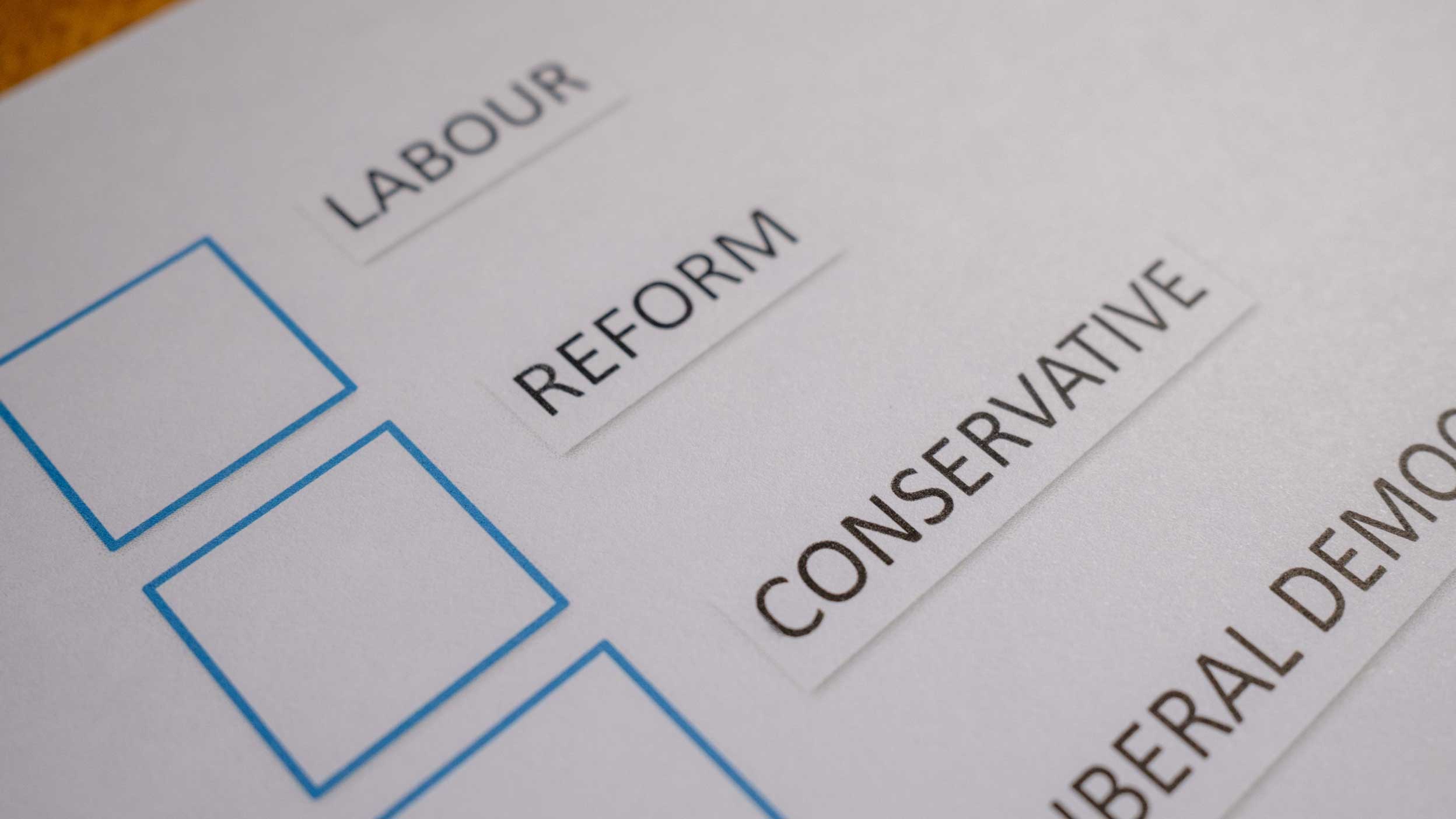What will Labour’s ‘securonomics’ mean for the UK economy and investments?

Introduced as Labour’s response to the retreat from ‘hyper-globalisation’ and in the face of increasing geopolitical insecurity, securonomics is essentially about improving the economic security and resilience of the nation, with the state playing a more active, directing role in markets.
What does this mean for investors? On the one hand, the approach could create both stability and opportunities. A long-term industrial strategy, combined with a business tax roadmap and sectoral investment plans, could provide a stable and predictable environment for growth. Public/private investment funds could provide new opportunities for investors.
On the other, increased business regulation and employee rights could reduce labour market flexibility and increase company costs. The threat of increased government intervention in mergers and acquisitions could also put a dampener on foreign investment from certain jurisdictions.
What will Labour’s victory mean for wealth management?
Sir Keir Starmer has said that “wealth creation is our number one priority”.1 However, independent analysts such as the Institute for Fiscal Studies have pointed to the conundrum at the heart of Labour’s fiscal plans: how will they avoid baked-in cuts to public services without either additional borrowing or further tax rises?
Given that Labour have ruled out a return to austerity and pledged not to borrow for day-to-day spending, further tax increases would appear almost inevitable. Thus far, Labour’s approach to tax raising has been to target so-called ‘loopholes’ benefitting those with perceived wealth. Consequently, there has been significant speculation that Rachel Reeves could increase Capital Gains Tax (CGT) in her first budget.
CGT revenues are of growing importance to the Exchequer. In the financial year 2022-2023, CGT raised £16.9bn, the highest take on record. As such, the new Chancellor could be tempted to seek to increase the CGT take further, for example by aligning the tax rates on capital gains from equities or investments with income tax bands.
What will a Labour victory mean for UK equities?
In our many meetings with CEOs and Chairs over the past 18 months, it is clear that the Labour leadership has been well engaged with the City, and there is no sense of fear of a Starmer/Reeves axis as there might have been for a Corbyn/McDonnell led Labour party.
There is some nuance (and it is nuance) around North Sea licences, and the Energy Profits Levy. And around support for clean energy. Before Labour’s win their manifesto committed to putting “failing water companies on special measures” but stops short of anything radical on re-nationalisation or on restricting dividends.
The Labour manifesto instead talked of the need to invest in infrastructure in both Water and Electricity distribution and that world-leading financial services industry has “a major role to play in mobilising trillions of pounds in private capital.”
There is no substantial difference that might affect defence companies. Companies in the building sector have suggested to us that they expect to benefit from a freeing up of planning – but this is the rhetoric expressed on the doorstep of industry rather than any hard and fast policy commitment.
The evidence of history is that changes in government are scarcely discernible on a chart of long-term performance of UK equities. And we come back to the point that less than a quarter of revenues of the FTSE All-share are derived from the UK: the UK stock market is not the same as the UK economy.
Our take is that Labour’s pre-election manifesto was bubble wrap - to further protect the ‘Ming Vase’ strategy during the course of the election. Now Labour has won, and the election is over the bubble wrap has been popped and removed. We will soon find out (for better or for worse) what the true colours of the vase are, and the condition that it’s in.
What impact will a Labour victory have on fixed income?
Bottom line: neither the UK’s fiscal outlook, nor the outlook for gilts, has markedly changed because of Labour’s election victory.
The principal reason for this is that Labour has committed to maintaining the previous government’s two key fiscal targets, which are to pursue a balanced budget on a ‘running’ basis, (in other words, revenues, principally from taxes, should cover all departmental spending but not debt interest costs) and for debt as a proportion of GDP to be declining in the fifth year of its forecast.
Labour has planned to raise taxes but only by £8bn, equivalent to just 0.8% of the government’s current receipts. These revenues will be spent on the NHS and schools, so no change to the deficit.
Labour’s bigger impact on the gilts market, if any, could theoretically come from any tax rises and spending plans not yet announced and any change in economic growth resulting from its policies, such as housebuilding.
When it comes to unannounced policies, even their prospects for meaningful change are very limited since Labour has already committed to not raising income tax, VAT, national insurance or corporation tax. With many departments having dealt with a long period of real terms cuts, further cuts seem unlikely.
In the longer-term, the market will need to assess the impacts of any pro-growth policies such as housebuilding or green energy. And the new government will have to decide whether it is going to persist with the fiscal constraints it has placed on itself.
Important Information
-
The value of investments and any income will fluctuate (this may partly be the result of exchange rate fluctuations) and investors may not get back the full amount invested.




